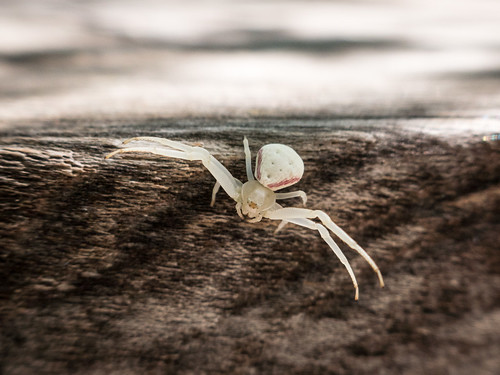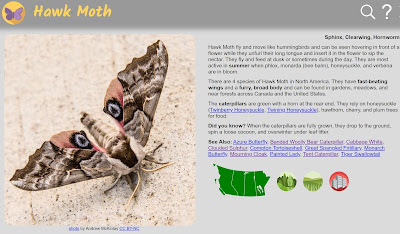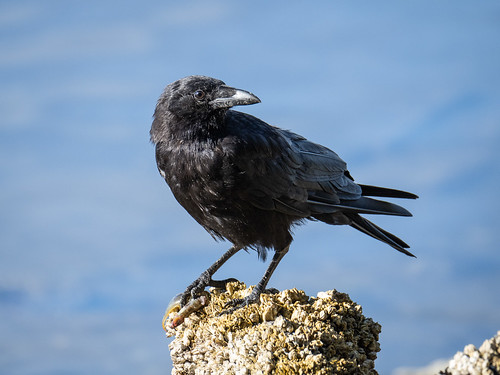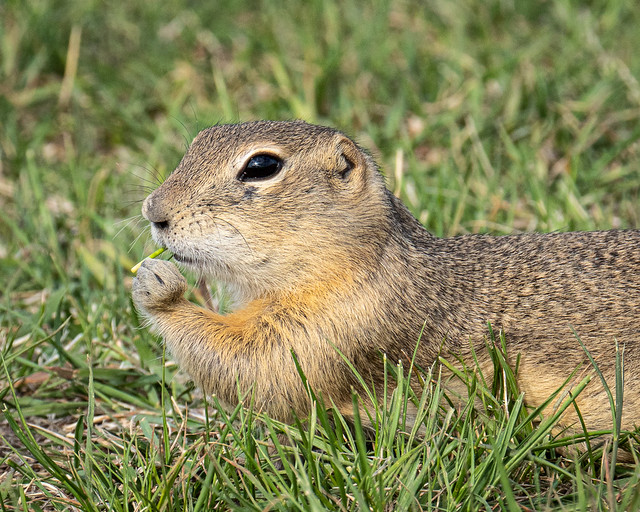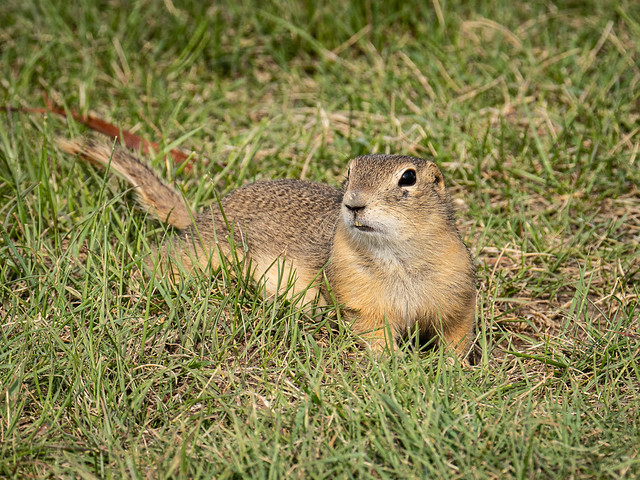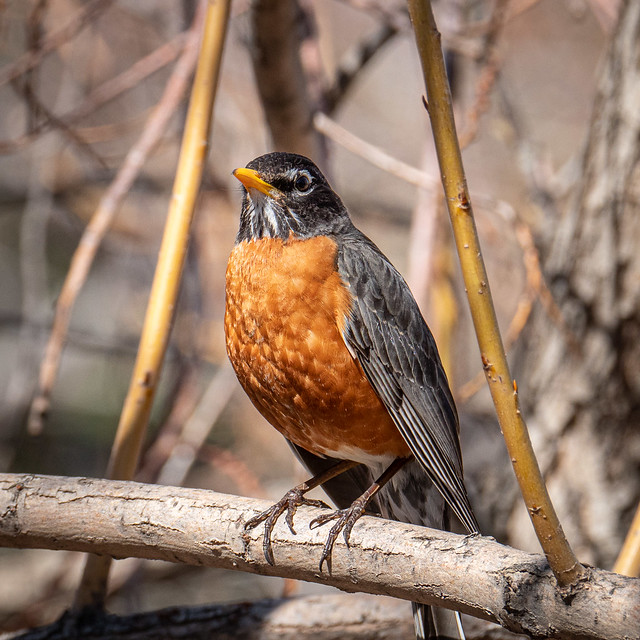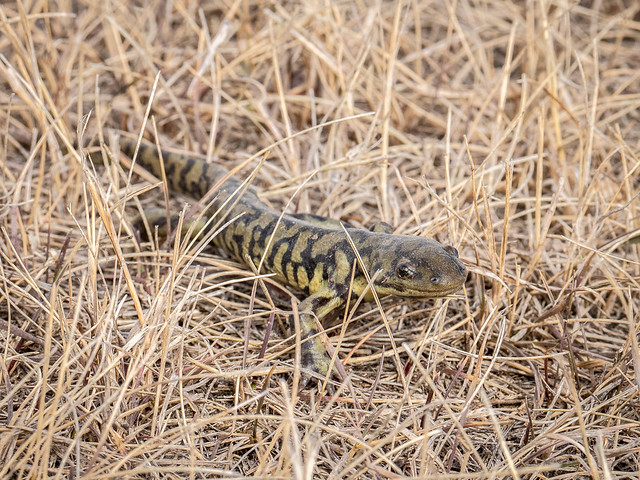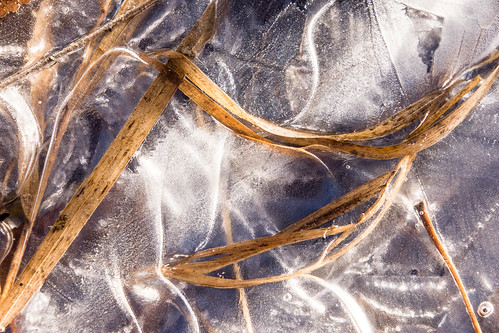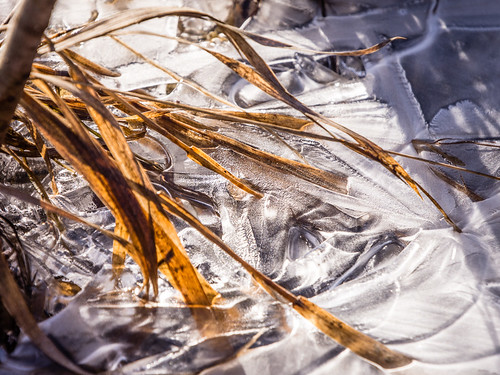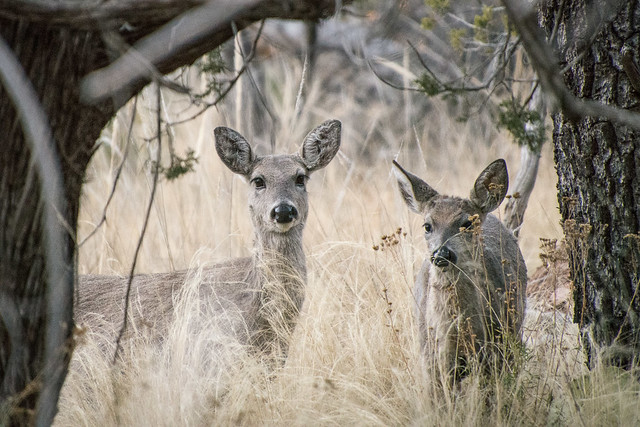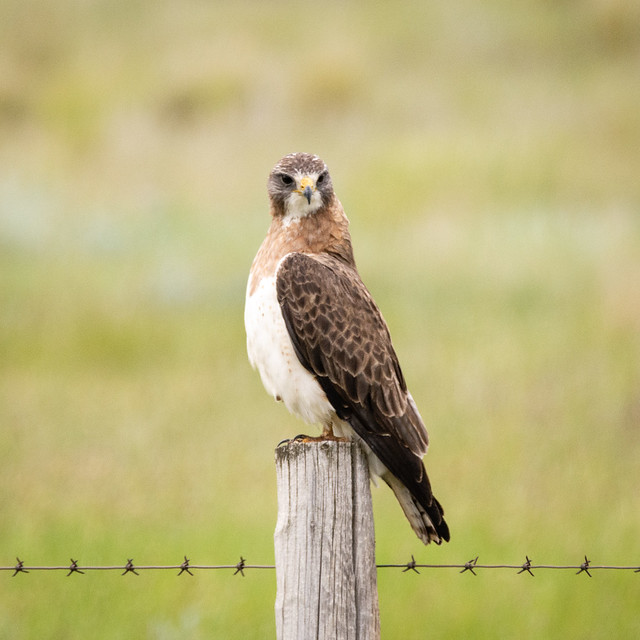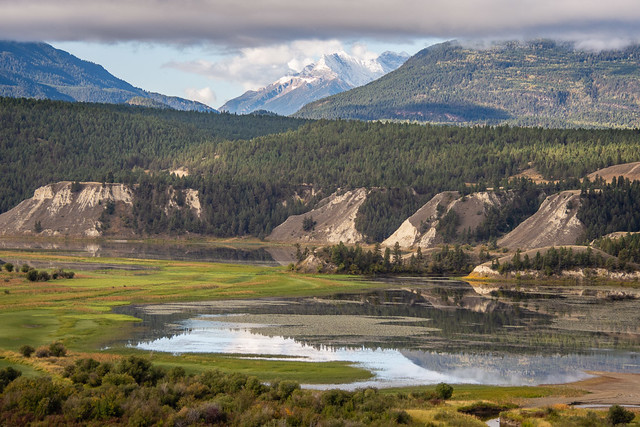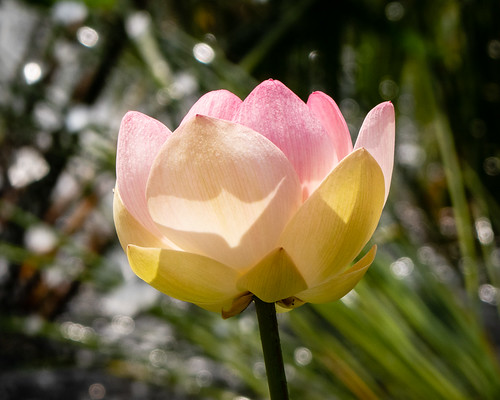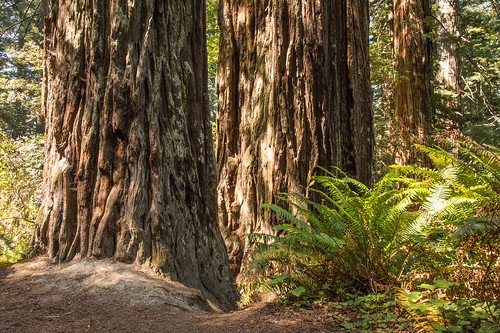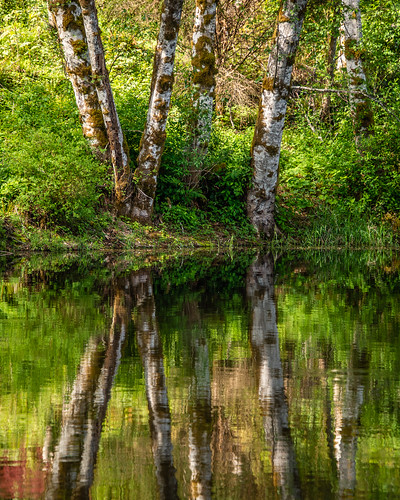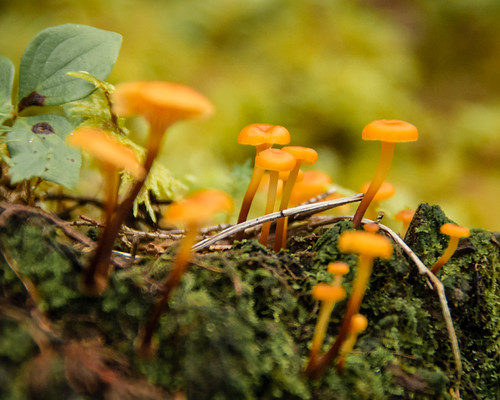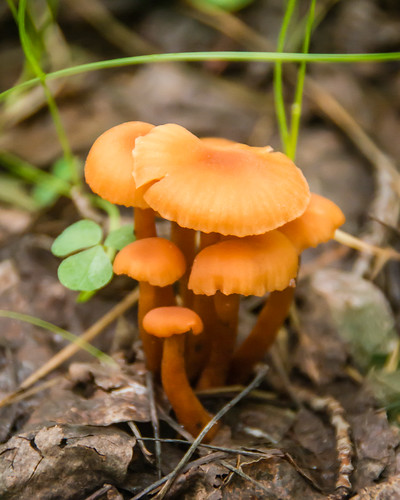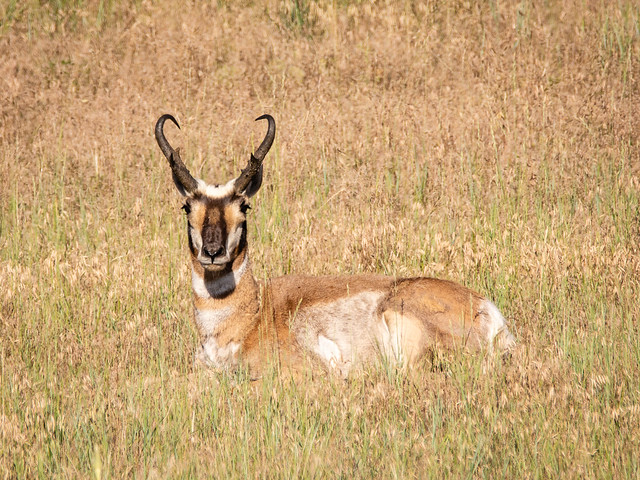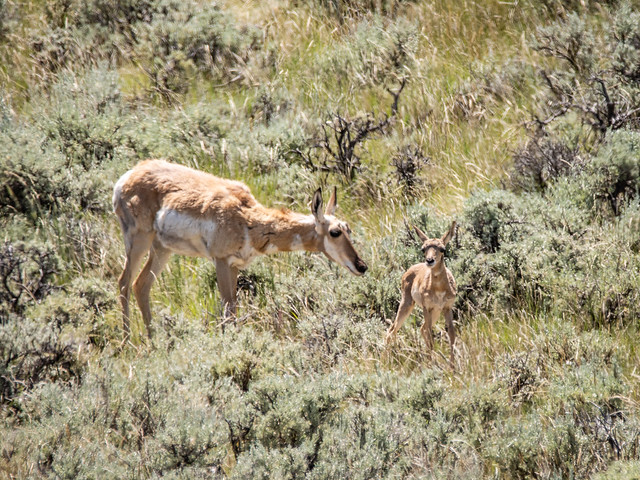Environmental groups are increasingly turning to the law to protect nature and wildlife. Their initiatives range from sharing information to setting standards, taking issues to court, and granting nature legal rights.
Sharing Information
The
Environmental Law Centre in Edmonton provides advice and education on environmental issues. They help community groups understand and use legal tools and work with government policy-makers to create better decision-making processes. In 2017, they published
A Road Map for Environmental Rights in Alberta: Rights for a Sustainable Future. The publication recommends an environmental bill of rights that will legally strengthen environmental accountability by promoting meaningful participation in environmental decision-making, providing citizens with enforcement tools, and ensuring oversight of reviews, laws, and administration.
A group of Saskatchewan lawyers, students, and members of the public have recently established
SKAEL – the Saskatchewan Association for Environmental Law. Their goal is to raise awareness about environmental issues and laws, build legal and advocacy skills, and push for strong and effective environmental laws in Saskatchewan. The group invites people to get involved, collaborate with them on projects, forward legal inquiries, and spread the word. SKAEL has a website and is also on
Facebook and
Twitter.
Setting Standards
The law can be used to establish administrative policies, standards, and regulations. These vary considerably in both breadth and impact.
The Environmental Law Centre at the University of Victoria, on behalf of Bulkley Valley Naturalists, is
asking the provincial government to change its road maintenance policy. “While the existing policy recommends contractors schedule maintenance outside of nesting seasons or take measures to ensure birds are not present and nesting before brushing, it does not go far enough. According to the ELC report, the policy must prohibit roadside brushing during nesting season to remain onside the federal Migratory Birds Convention Act. If that is unavoidable, contractors should have to seek expert advice and action to ensure birds are not present.”
On a far broader scale, the
State of Massachusetts has adopted a Clean Energy Bill. It sets a goal of 35% renewables by 2030 and a storage target goal of 1,000 MWh. In addition, it establishes a Clean Peak Standard, requiring every retail electric supplier to provide a “minimum percentage of kilowatt-hours sales to end use customers from clean peak resources.”
Court Cases
A number of Canadian non-profits –
Ecojustice,
West Coast Environmental Law,
Canadian Environmental Law Association,
East Coast Environmental Law – undertake court cases to protect the environment. Ecojustice “goes to court and uses the power of the law to defend nature, combat climate change, and fight for a healthy environment for all.” West Coast Environmental Law believes “By putting the law in the hands of communities and creating legal risk for those who would harm our land, air and water, we are building the collective power to achieve a more just and sustainable future for all.”
An
Ecojustice case in Ontario established that “It is now illegal to kill or injure birds with light reflected from building windows under provincial and federal laws. According to section nine of the Environmental Protection Act, Ontario’s Ministry of the Environment must regulate any building discharging a contaminant that is killing birds. Under SARA, building owners or managers can be convicted under section 32 for the conduct of killing or injuring birds in window strikes.”
A
logging project along Yellowstone National Park’s border was halted when the environmental groups “successfully argued that the forest failed to consider the project’s impacts on Canada lynx, which has been listed as a threatened species in the United States since 2000.”
Granting Nature Legal Rights
Western legal systems and government have traditionally viewed land and water as property. The Chilean Free-Flowing Rivers Network says “the time has come to look at granting legal rights — a form of legal personhood — to the nation’s rivers. . . . corporations are granted the same rights as people while the living ecosystems upon which we depend for survival are not.” In 2017, the government of New Zealand granted the status of legal personhood to the Whanganui River. A committee, including community representatives, will act as legal administrator and the river can now be represented in court proceedings.
A
2018 article in Yale Environment 360 says, “Despite the promise held by establishing legal rights for rivers, difficult questions remain. What does it mean for a river to have the rights of a person? Does a river have the right to flow freely, and does this mean its waters can’t be dammed or diverted? Is compensation to affected communities permissible in lieu of court orders requiring removal of large obstructions like dams? What can we do to move beyond merely acknowledging humanity’s connection to rivers to actually saving them? And, finally, and perhaps most important, how should a legal regime determine who will advocate on behalf of a river, which lacks a voice of its own?”
The
Earth Law Centre believes “nature should be able to defend its rights in court, just like people can.” Earth Law views humans as co-equal partners with other Earth members. All members should have “the right to be, the right to habitat and the right to fulfill its role in the ever-renewing processes of the Earth community. As co-equal members, humans ‘have no right to prevent other components of the Earth community from fulfilling their evolutionary role’.”
A lawyer in the United Kingdom launched
Mission Lifeforce in 2017. The Mission wants to add ecocide to the list of international crimes. They define ecocide as “serious loss, damage or destruction of ecosystems, and includes climate or cultural damage as well as direct ecological damage.” If they were successful, CEOs and government ministers could be held criminally responsible for serious damage to the environment.


